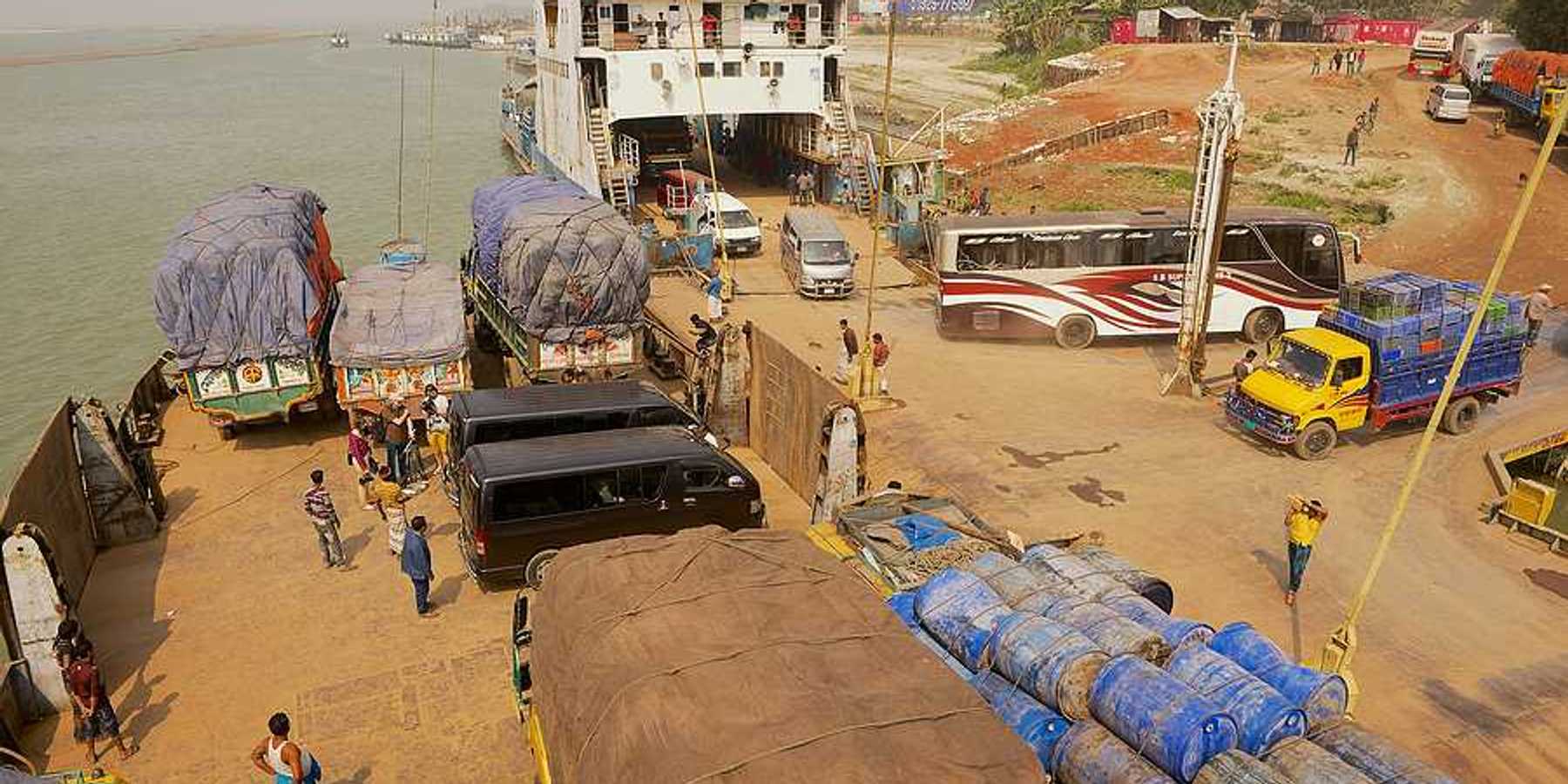Lawmakers target fossil fuel companies to fund climate disaster recovery
State legislators are pushing for laws that would make fossil fuel companies financially responsible for climate change-related disasters.
Alex Brown reports for Stateline.
In short:
- Advanced "attribution science" enables precise measurement of damages from climate disasters, directly linking them to specific companies' emissions.
- Vermont leads with proposed legislation, potentially setting a precedent for other states to follow in holding fossil fuel companies accountable.
- The proposed laws could lead to significant financial contributions from these companies for disaster relief and preventive measures.
Key quote:
“This is a growing field, and it’s a game changer for addressing climate change.”
— Delta Merner, lead scientist for the Science Hub for Climate Litigation at the Union of Concerned Scientists
Why this matters:
By holding companies responsible for their role in climate change, legislators aim to mitigate adverse health effects and safety risks associated with extreme weather events like hurricanes, floods, and wildfires, which are intensified by climate change. Such legislation can incentivize fossil fuel companies to adopt more sustainable practices, reducing environmental damage and promoting conservation efforts.













